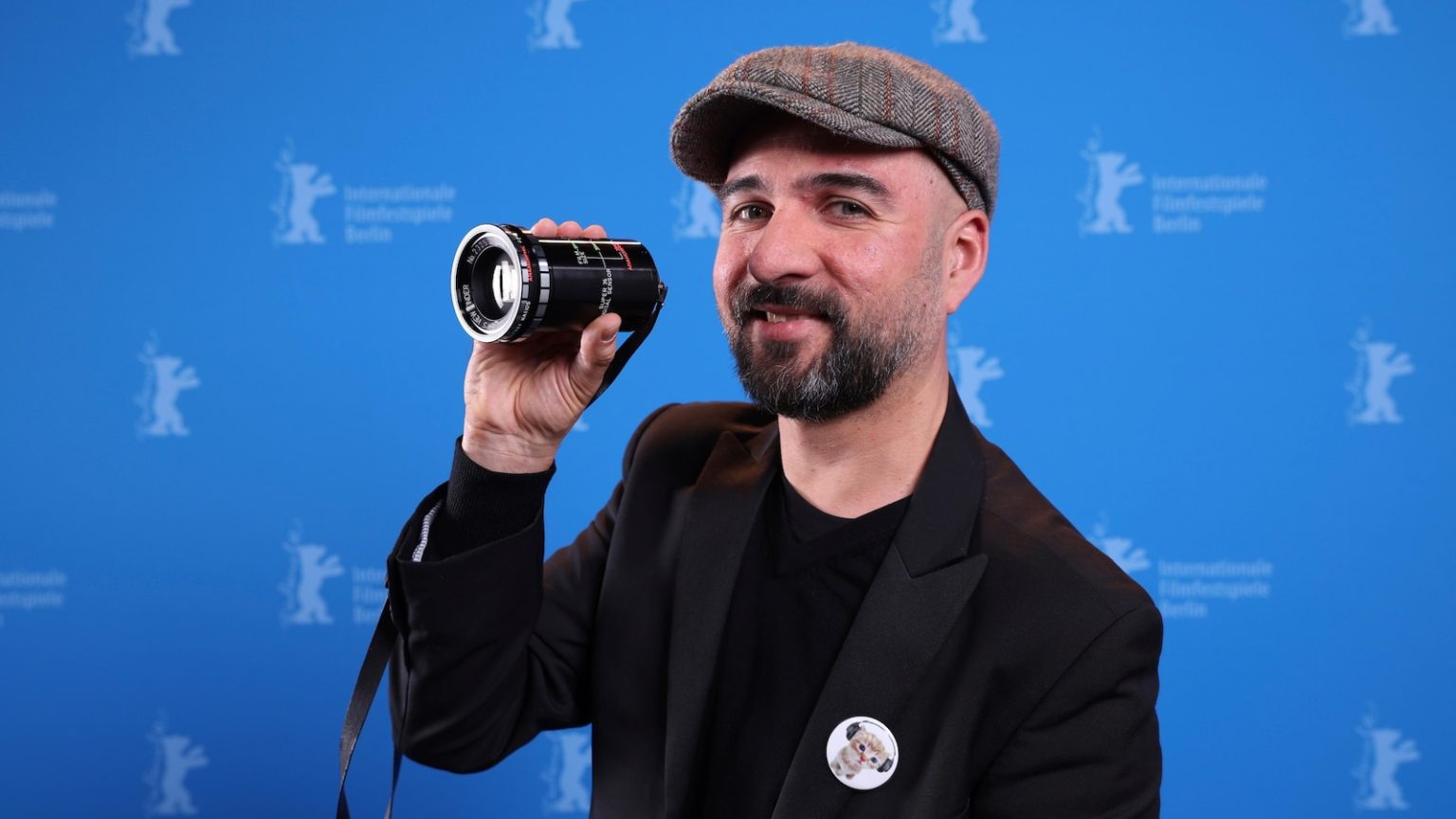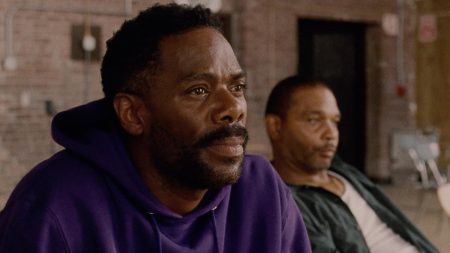A Celebration of Global Cinema: The 75th Berlin International Film Festival
The 75th Berlin International Film Festival, commonly known as the Berlinale, came to a close on Saturday, February 17, 2024, with a grand ceremony that celebrated the best of global cinema. The festival, which has long been a powerhouse of cinematic talent and storytelling, showcased a diverse array of films from around the world, each offering unique perspectives and narratives. This year, the event not only highlighted the artistry of filmmakers but also took place against the backdrop of significant political developments in Germany, as the country geared up for its parliamentary elections. The festival’s climax, however, belonged entirely to the world of cinema, as the jury, led by American director Todd Haynes, announced the winners of the prestigious Golden Bear and other honors.
A Norwegian Triumph: "Dreams (Sex Love)" Wins the Golden Bear
The top honor of the festival, the Golden Bear, was awarded to Norwegian director Dag Johan Haugerud for his film Dreams (Sex Love). The film, which was described by jury president Todd Haynes as a “meditation on love” that “cuts you to the quick with its keen intelligence,” tells the story of a teenager, played by Ella Øverby, who becomes infatuated with her female French teacher. The film explores themes of love, desire, and self-discovery, delving into the complexities of human emotions and relationships. The narrative also examines the reactions of the teenager’s mother and grandmother when they discover her private writings, adding layers of generational dynamics and familial responses to the central theme of first love. Dreams (Sex Love) is the third installment in a trilogy that Haugerud has completed over the past year, with the first two parts, Sex and Love, having premiered at the Berlinale and the Venice Film Festival, respectively, in 2024. The film’s win marked a fitting conclusion to the trilogy and a well-deserved recognition of Haugerud’s cinematic craft.
Diverse Voices and Stories: The Silver Bear and Jury Prize Winners
While Dreams (Sex Love) took home the Golden Bear, the Silver Bear prize was awarded to Brazilian director Gabriel Mascaro for his dystopian drama The Blue Trail. Mascaro’s film offers a haunting glimpse into a world grappling with existential crises, blending elements of science fiction with social commentary. The Jury Prize, which is awarded to the third-place film, went to Argentine director Ivan Fund for his rural saga The Message. These selections reflect the festival’s commitment to showcasing a wide range of cinematic voices and narratives, from intimate character studies to grand, genre-defying tales. The diversity of the winning films underscored the Berlinale’s role as a platform for storytellers from all corners of the globe.
Standout Performances: Rose Byrne and Andrew Scott Shine
In addition to honoring films, the Berlinale also recognized outstanding performances. Rose Byrne won the prize for best performer for her role in Mary Bronstein’s If I Had Legs, I’d Kick You, where she portrays an overwhelmed mother navigating the challenges of parenthood. Byrne’s performance was praised for its nuance and emotional depth, capturing the complexity of her character’s journey. Meanwhile, Andrew Scott received the supporting performer trophy for his portrayal of composer Richard Rodgers in Richard Linklater’s Blue Moon. Scott’s performance was lauded for its sensitivity and the way he brought the iconic composer to life on screen. These acting honors highlighted the festival’s appreciation for the talent and dedication that bring stories to life.
The Broader Cultural Context: Berlinale and the German Elections
The 75th Berlin International Film Festival took place against a backdrop of heightened political awareness in Germany, as the country prepared for its parliamentary elections. The elections, which were scheduled seven months earlier than planned due to the collapse of Chancellor Olaf Scholz’s governing coalition, have been dominated by debates over migration and economic revitalization. The far-right Alternative for Germany (AfD) party has emerged as a significant force in the campaign, with polls suggesting it could secure its strongest national election result yet. While the Berlinale remained focused on celebrating cinema, the festival’s timing inevitably drew attention to the broader cultural and political landscape of Germany. The event served as a reminder of the power of art to transcend political divides and foster dialogue, even in times of societal change.
Bridging Film and Society: The Enduring Legacy of the Berlinale
As the curtains closed on the 75th Berlin International Film Festival, the event left behind a legacy of stories that resonate far beyond the screen. The films honored at this year’s Berlinale—whether they explored themes of love and self-discovery, dystopian futures, or personal struggles—offered audiences a window into the human condition. The festival’s celebration of global cinema not only highlighted the diversity of contemporary storytelling but also reinforced the importance of film as a medium for understanding and connecting with the world around us. In a year marked by political and social change, the Berlinale reminded us of the enduring power of art to inspire, provoke, and unite. As the world looks ahead to the challenges and opportunities of the future, the stories showcased at this year’s festival will undoubtedly continue to resonate, offering insights into the complexities and beauty of human experience.















